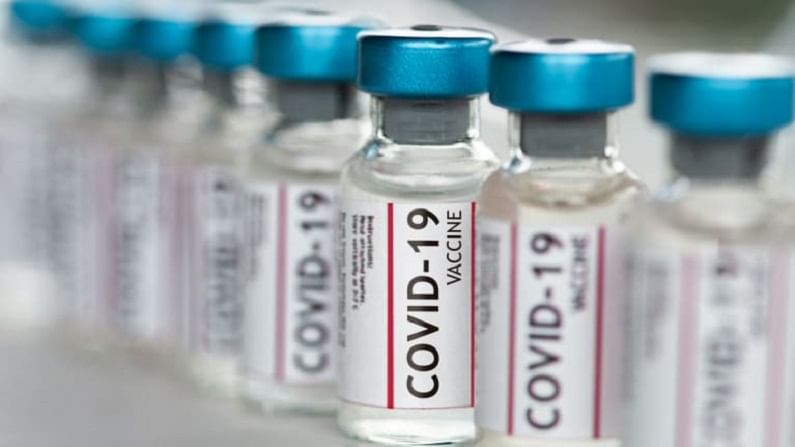Four vaccine candidates for children in India; all you need to know
Researchers and pharmaceutical companies have already been studying the efficacy of the existing vaccines among the young population

With an impending third wave of the COVID-19 pandemic, which experts say may be a few weeks away, doctors are more concerned about children as vaccination drives for those above 18 years of age are going on in full swing.
However, Indian Academy of Paediatrics issued a report last month stating that the chances of the third wave predominantly affecting the children were low. “Children are as susceptible as adults to develop an infection, but not the severe disease,” the report said.
With recent reports of the Delta variant of the novel coronavirus affecting the children in countries like the United Kingdom and Singapore, apprehensions are high in India.
Researchers and pharmaceutical companies have already been studying the efficacy of the existing vaccines among the young population, with many under different stages of trials.
In India, presently four vaccines are being tested for children in the age group of 2-18 years.
ZyCov-D
Ahmedabad-based Zydus Cadila could be the first pharma company to bring out its Covid-19 vaccine for children in India. The company is already seeking an emergency use authorisation (EUA) for its ZyCov-D vaccine, currently being tested on adults and children between 12 and 18 years of age.
It could be India’s second indigenous vaccine after Covaxin. It has a three-dose regime, administered at days 0, 28 and 56.
Covaxin
The first indigenous vaccine, developed by Bharat Biotech and Indian Council of Medical Research, is already under clinical trials for children between 2 and 18 years of age. The trials are taking place across 525 centres.
As of now, AIIMS, Delhi, is conducting the recruitment process of children aged 6-12, while the trials in the age group of 2 to 18 years have already started in its Patna branch.
Children aged 6-12 will be given two doses of the injection at a gap of 28 days.
BBV154
Apart from Covaxin, Bharat Biotech has also developed a nasal vaccine, which is said to be suitable for children as well.
If the trials are successful, BBV154 could be a gamechanger as it would be beneficial in providing mucosal immunity, unlike the other vaccines, which is important for providing protection against infections. It especially protects the body parts most prone to viral attack.
Clinical trials have already begun among healthy adults in India.
Covovax
Serum Institute of India’s Covishield, developed by Oxfod-Astra Zeneca, is the most used vaccine in India. The SII would also manufacture another vaccine developed by United States-based firm Novavax. The US firm is in talks to start the clinical trials of its vaccine, Covovax, for children in India by this month.
The vaccine, based on recombinant nanoparticle technology, has shown an overall efficacy of 90.4%.